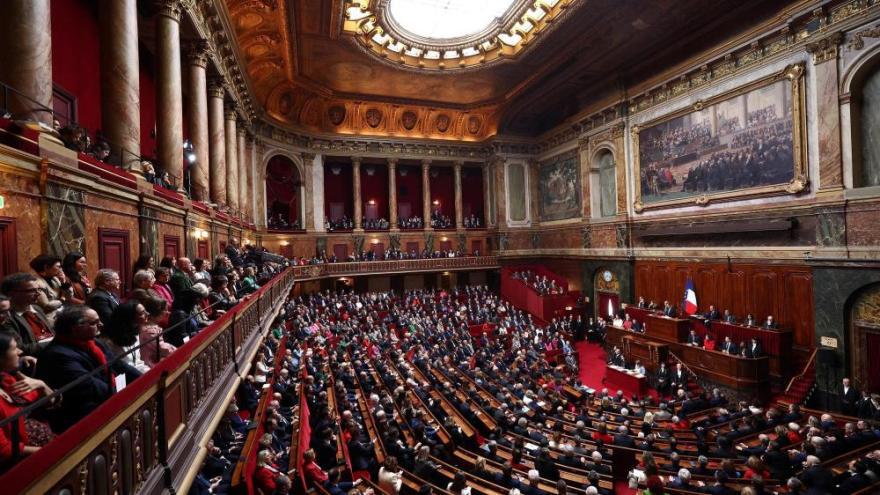Health Care Inequality Increases in America, Harvard Study Finds - Dispatch Weekly
July 7, 2016 - Reading time: 3 minutes
In a finding that highlights the health care disparities in America, researchers have shown that wealthier Americans are better off when receiving health care and that they are consuming the most care.
Published in Health Affairs, the study reveals that in 2012, nearly half of the wealthiest fifth of Americans (43 per cent) consumed more health care – as much as $1,743 more per person – than the poorest fifth of Americans, and 23 per cent more care ($1,082 per person) than middle-income people.
The study is based on analysis of 22 national surveys conducted over the last fifty years and findings are a reflection of a striking reversal of a long-term trend toward greater equality in health care use by all income groups. If we look back five decades, prior to the passage of Medicare and Medicaid in 1965, the wealthy got about twice as much care as the poor. Subsequently, care became more equal, with lower-income Americans using more care than the wealthy.
But between 2004 and 2012, as the growth in medical spending slowed overall, the use of care by the wealthiest fifth of Americans grew by 19.7 percent, outpacing growth for middle-income groups by 57 percent. Meanwhile, care for the poorest fifth of Americans actually fell by 3.7 percent.
No upswing in health care inequality occurred among the elderly, virtually all of whom are covered by Medicare.
The researchers, who conducted their work at Harvard Medical School, the City University of New York at Hunter College, and Boston University, determined individuals’ health care use based on the total costs of their care, whether paid by insurers, the patients themselves, or government programs. Results were similar when they looked at the use of specific services such as the number of doctor visits, which were 40 percent higher for the wealthy than for all other Americans by 2012.
In their study, the income threshold for the wealthiest fifth in 2012 was $101,094 for a family of three, while those in the poorest fifth had family incomes below $22,689. The 60 percent of Americans with incomes between these thresholds were considered middle-income.
The authors attribute their findings to the synergistic impact of widening U.S. income inequality, the 2007-2009 recession and the slow recovery for the poor and middle class, and a sharp rise in health insurance co-payments and deductibles that discourage non-wealthy Americans from seeking care.
According to lead author Dr. Samuel Dickman, who conducted his research at Harvard Medical School and who is now at San Francisco General Hospital: “We spend more on medical care than in any other country, and those dollars are increasingly concentrated on the wealthy, who have good insurance and enough cash to afford skyrocketing deductibles and co-payments. In recent years economists have celebrated a slowdown in health care cost growth. But the slowdown seems to have been achieved by forcing poor and middle-class Americans to choose between paying rent, buying groceries, or going to the doctor when they’re sick.”
Dr. David Himmelstein, a professor at the City University of New York at Hunter College and lecturer at Harvard Medical School who was the senior author of the study, commented: “While poor and middle-class patients are skipping vital care, the wealthy are getting unnecessary and even harmful care. And the widening inequalities in health care are reflected in rising inequality in death rates. Meanwhile, our overall life expectancy is falling further and further behind nations that distribute care based on need, not wealth. Our findings dramatize the urgent need for national health insurance – a single-payer reform with first-dollar coverage – that would assure that all Americans can get the care they need.”

DW Staff
David Lintott is the Editor-in-Chief, leading our team of talented freelance journalists. He specializes in covering culture, sport, and society. Originally from the decaying seaside town of Eastbourne, he attributes his insightful world-weariness to his roots in this unique setting.




